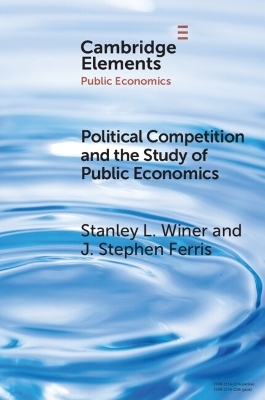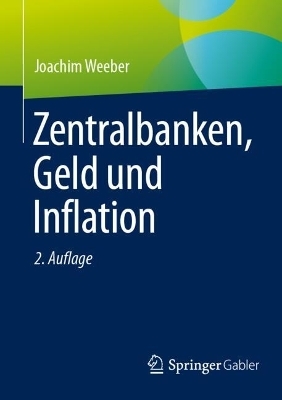
Political Competition and the Study of Public Economics
Seiten
2022
Cambridge University Press (Verlag)
978-1-009-00169-4 (ISBN)
Cambridge University Press (Verlag)
978-1-009-00169-4 (ISBN)
This Element considers the approach to answer several questions about the relationship between political competition and use of economic resource as an essential part of the study of public policy. It also illustrates some of the interesting theoretical and empirical work that has been done on them.
Why is an understanding of political competition essential for the study of public economics and public policy generally? How can political competition be described and understood, and how does it differ from its strictly economic counterpart? What are the implications of the fact that policy proposals in a democracy must always pass a political test? What are the strengths and weaknesses of electoral competition as a mechanism for the allocation of economic resources? Why are tax structures in democratic polities so complicated, and what implications follow from this for normative views about good policy choice? How can the intensity of political competition be measured, why and how does it vary in mature democracies, and what are the consequences? This Element considers how answers to these questions can be approached, while also illustrating some of the interesting theoretical and empirical work that has been done on them.
Why is an understanding of political competition essential for the study of public economics and public policy generally? How can political competition be described and understood, and how does it differ from its strictly economic counterpart? What are the implications of the fact that policy proposals in a democracy must always pass a political test? What are the strengths and weaknesses of electoral competition as a mechanism for the allocation of economic resources? Why are tax structures in democratic polities so complicated, and what implications follow from this for normative views about good policy choice? How can the intensity of political competition be measured, why and how does it vary in mature democracies, and what are the consequences? This Element considers how answers to these questions can be approached, while also illustrating some of the interesting theoretical and empirical work that has been done on them.
1. Political economy in the study of public policy; 2. Thinking generally about economic and political competition; 3. Thinking generally about economic and political competition; 4. Electoral competition and economic welfare; 5. What can go wrong?; 6. Fiscal structure; 7. Political competitiveness; 8. In conclusion; References.
| Erscheinungsdatum | 12.10.2022 |
|---|---|
| Reihe/Serie | Elements in Public Economics |
| Zusatzinfo | Worked examples or Exercises |
| Verlagsort | Cambridge |
| Sprache | englisch |
| Maße | 152 x 228 mm |
| Gewicht | 139 g |
| Themenwelt | Sozialwissenschaften ► Politik / Verwaltung ► Staat / Verwaltung |
| Wirtschaft ► Volkswirtschaftslehre ► Wirtschaftspolitik | |
| ISBN-10 | 1-009-00169-8 / 1009001698 |
| ISBN-13 | 978-1-009-00169-4 / 9781009001694 |
| Zustand | Neuware |
| Haben Sie eine Frage zum Produkt? |
Mehr entdecken
aus dem Bereich
aus dem Bereich
Organisationen steuern, Strukturen schaffen, Prozesse gestalten
Buch | Softcover (2024)
Rehm Verlag
38,00 €
Buch | Softcover (2024)
Springer Fachmedien Wiesbaden GmbH (Verlag)
29,99 €


